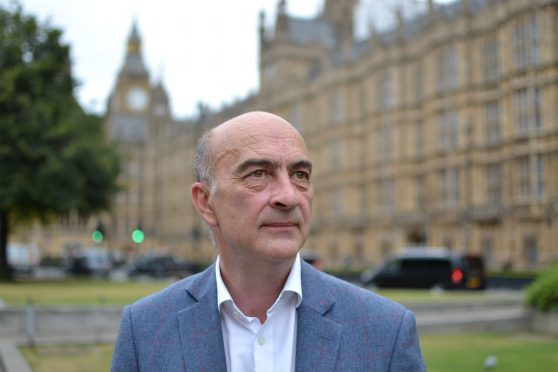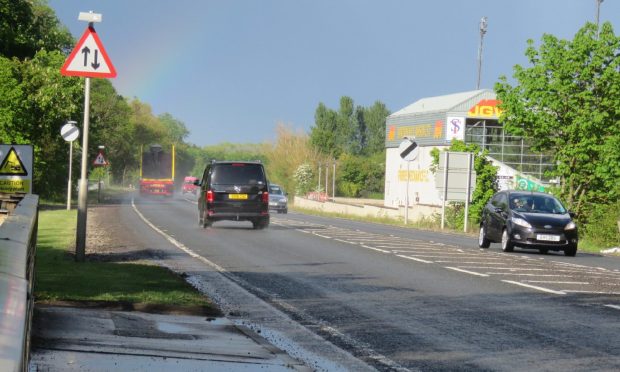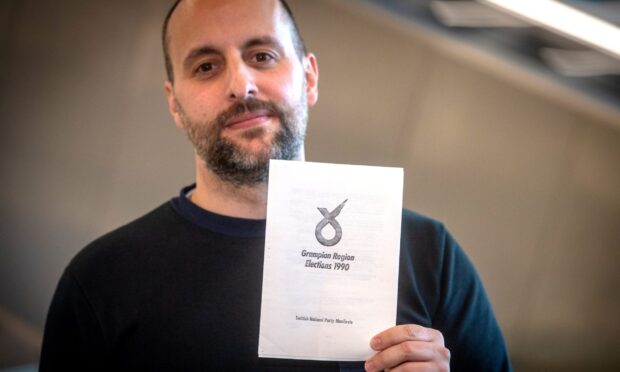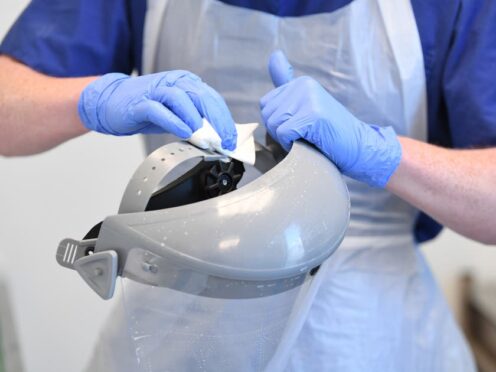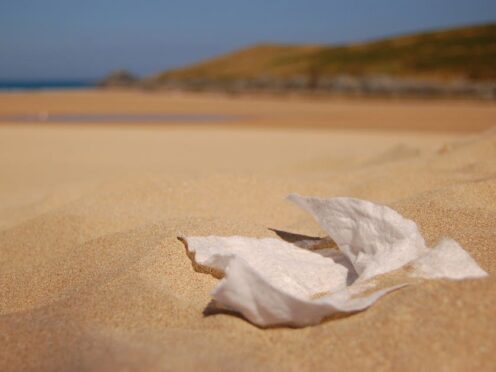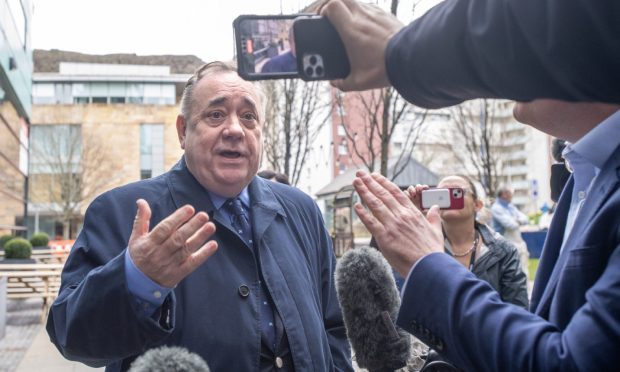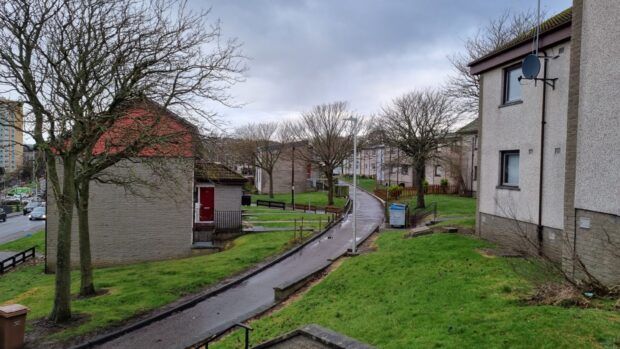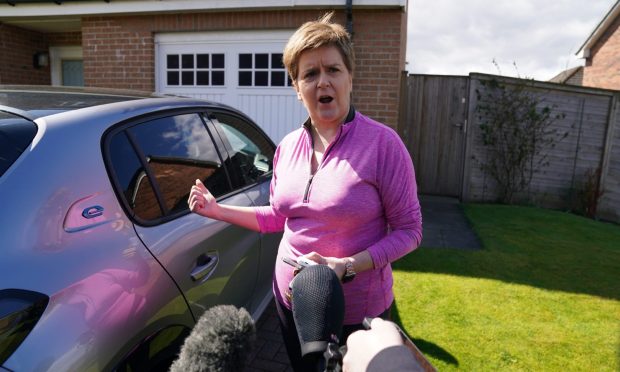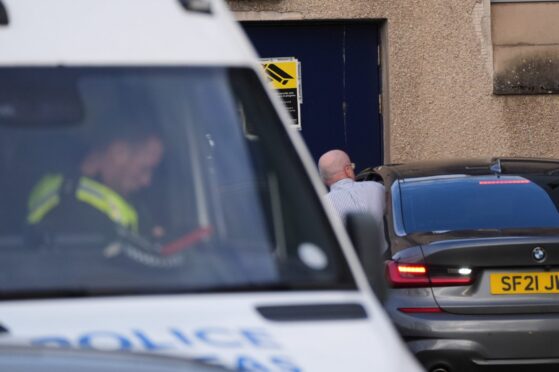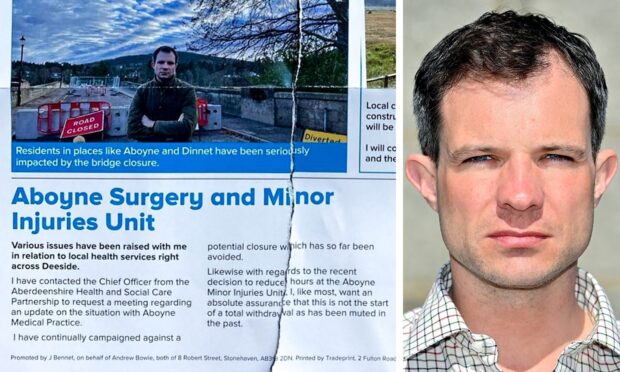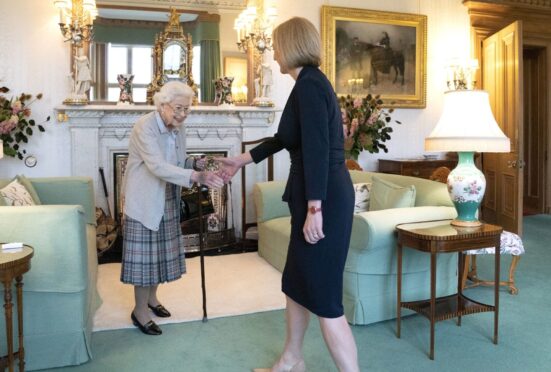There is a distinctly cold wind blowing from the East. As we shiver under the latest icy blast from Siberia, we can at least be comforted by the knowledge that it will pass in a matter of days.
Spring will arrive and the thaw will begin. This wee Beast from the East will soon disappear.
However, I fear that the ice cold diplomatic relations with Russia will take longer to thaw.
We are living in a John Le Carre novel with McMafia mixed in. Fact is proving to be every bit as strange as fiction.
On the genteel streets of Salisbury on a quiet and mundane afternoon, a man took his daughter for lunch. They’d enjoyed a drink in a bar. They strolled to the restaurant to celebrate her visit.
An ordinary day that was to end in an extraordinary way. Soon after eating, the couple were found slumped on a park bench, clinging to life.
The man, a Russian, who had turned double agent against his State, was now living in England. His daughter, still a Russian citizen, had just flown in to the UK.
They had been infected by a nerve agent. They lie critically ill in hospital fighting for their lives.
A policeman who had come to their aid fell ill too. Dozens of others, innocent fellow customers and passers by, were screened for infection.
And so, the hunt for those responsible began. The Government’s emergency committees met. Intelligence chiefs were summoned to Whitehall. The police were joined by chemical and biological experts and the armed forces in the search for evidence and the need to minimise any risk to the public.
Comparisons were quickly made with previous incidents, not least the plutonium poisoning of another Russian, Alexander Litvinenko.
He was a former officer of the Russian Federal Security Service (FSB) and KGB, who fled from court prosecution in Russia and received political asylum in the United Kingdom.
In 2006, Litvinenko suddenly fell ill and was hospitalised. He died three weeks later and his public deathbed accusations that Russian president Vladimir Putin was behind his attack resulted in worldwide media coverage.
During the 2014–2015 trial, the Scotland Yard representative declared “the evidence suggests that the only credible explanation is in one way or another the Russian state is involved in Litvinenko’s murder”.
Has it happened again? And what about the catalogue of other deaths on British soil which had been assumed to be suicides? Was the Kremlin killing machine taking revenge on those who had wronged the Russian State?
You will know what happened next. Analysis concluded that the nerve agent was one made in Russia, or more accurately the former Soviet Union. It’s chemical signature left little doubt.
Either the Russian State was culpable in the Salisbury atrocity or they had lost control of their chemical weapon. They had either used it or let others abuse it. The international community agreed.
But Russia denies any hand in the affair. Indeed, on Sunday, the Russian Ambassador to the EU denied they had ever made the nerve agent.
He even suggested that it could have come from the UK’s chemical weapons research facilities in nearby Porton Down. Even Le Carre would reject that story line.
His claims fly in the face of credibility. They fly in the face of all the evidence that these killer chemicals were manufactured in his homeland.
Today, international experts arrive in Britain to examine the evidence. If they conclude that the nerve agent is from Russia, then we will know which beast from the East we should really worry about.
******
Across the political divides in the House of Commons last week, there was near unanimity about who was to blame and what should be done.
There was one exception. The Leader of the Opposition, Jeremy Corbyn. Over the course of the last week, he has been all over the place. On Wednesday he stood alone by refusing to blame Moscow.
Backbench Labour colleagues were at pains to distance themselves from their leader. They decided that believing our own intelligence services was preferable to parroting the propaganda of Russia.
Some commentators have backed Corbyn. They say he was right in other international crisis such as Syria and Iraq. And that his job as Opposition Leader is to oppose.
But the parallels are false. This is not about dodgy dossiers. It is about an attempted murder on UK soil and following the trail of evidence.
And being in opposition does not mean having to disagree under some assumed constitutional duty. The SNP got it right and credit must go to the First Minister for her response.
The LibDems and the other parties got it right too. They backed the Prime Minister. They put their faith in the British experts.
Corbyn chose to put his faith in his Russian loving advisor and spokesman instead. I’m glad he is not our Prime Minister.
*****^
And thus, the tit-for-tat sanctions began. A tally of 23 “diplomats” expelled on both sides. Talk of us targeting the assets of individuals who’s cash is ill-gotten.
Chat about a boycott of the Russian hosted World Cup this summer by the Government and Royal Family. Sadly, Scotland preempted events by failing to qualify in the first place.
There was much talk too about the future of the TV station, RT (previously known as Russia Today). They are directly funded by the Kremlin. And they are, undoubtedly and self evidently, a mouthpiece of the Red State.
And, to those who at this point are screaming “BBC” back at me, go away and grow up.
Whatever petty and manufactured grievances you might hold against any British broadcaster, the simple truth is that are the envy of the world.
They are, by statute, fair and impartial. Of course, from time to time they might err. But they do not set out to be twisters of truth and Apologists in Chief for the State.
That crown belongs to RT.
Their licence to broadcast here is granted by Ofcom. It is up to them to decide if they are fit and proper. There is growing evidence that they are not.
But should they be banned? If they are allowed to continue, would that be a green light to others to become partisan in their reporting?
Or is better that we can watch it and decide for ourselves? Let them pump their propaganda into our living rooms. Let them look ridiculous in trying to defend the indefensible. And by doing so, deny Russia the excuse to ban the BBC, the one beacon of balance in a warped Eastern European world?
One thing is for sure. Those who take bucketloads of Kremlin cash to host a show on RT are giving credence and credibility to all the fake news and twisted reporting it pumps out day after day.
Few of us have the chance to make our own views felt in Moscow or to send a clear message of distaste. But Alex Salmond is one who does and can.
He has a weekly show on RT, but he refuses to walk away. Which rather suggests that he loves his ego and his pomposity and his bank balance more that he values his country.
